Questionsorry i am answering your questions like this but, we had fed her Nutriphase rabbit formula and we fed her a small handful of that a day. on almost every other day we fed her Natural Bermuda Grass from Kaytee, and on rare occasions we would feed her 1 to 2 carrots or a piece of lettuce. the symptoms you suggested are exactly what we saw in our rabbit in its last minutes. please inform us if you know what happened to our dear pet because my daughter belongs to a 4-H rabbit club and would like to do a report on what happened and of the lionhead breed. and of course we would like to learn more about this breed because we loved the temperament and we were thinking of getting another for her for Christmas. also if you know of any reliable websites we could visit about lionheads and or of the cause of death that would help us tremendously. also i would like to thank you immensely for caring enough to answer our questions because there are not many people like you left in the world.thank you, Sarah
AnswerHi Sarah....Thank you for the kind words. I have been rescuing rabbits for many years and I do this because there is so much incorrect information available on the internet...and I also run into that problem with our wildlife rescue. I am fortunate to live near a major vet school. All my advisors and volunteers for my rescue are exotic focus teaching doctors or vet techs.
I suspect the problem was a bacterial imbalance in the GI. Rabbits are hind gut fermenters. They require a high population of beneficial bacteria in the gut to properly break down and digest food. They also utilize a unique digestive technique in which they actually reingest a specialized fecal pellet, called a "cecal", that helps maintain balance in the GI. To keep the gut in good working order with proper GI transit time and the high population of beneficial bacteria, a rabbit needs a diet that is high in fiber and low in proteins and sugars. This basically means that a fully weaned rabbit should have very limited pellets (I have pair of bonded Flemish Giants that weigh over 20 pounds each....they get about 1/3 cup pellets per day to share) along with unlimited grass hays (timothy, brome, oat. orchard grass, etc.). Treats are rare here....carrots are a very rare treat and only in a very small amount. Iceberg lettuce can dilute and damage the bacterial population. We try to feed our domestics as close to a natural diet as possible. Pellets contain far too much protein....they were designed for meat rabbits to "fatten them up" quickly. A diet too high in pellets can cause GI issues, dental issues and kidney issues from excessive proteins. This type of digestion does not handle lactose or processed sugars well. When the beneficial bacteria population becomes damaged, it allows a couple of bad things to happen. First, there are toxins as the dying bacteria decays. Next, in the microbiology world, beneficial bacteria manages the bad bacteria. As the beneficial bacteria loses this control, it allows a harmful bacteria, usually a strain of Clostridium, to start to populate the GI. The enterotoxins from this bacteria causes a condition known by many names....Mucoid Enteritis, Bacterial Enteritis, Cecal Dysbiosis and others. Once this bacteria starts, it is difficult to manage. Not only does it produce harmful toxins, it can also cause gastric ulcers. My response to this condition is hydration (supplemented by sub-q or IV), an antibiotic known as Metronidazole and most recently, a horse product called BioSponge that can bind and filter the enterotoxins produced by Clostridium. This product has been a life saver with wild cottontails and squirrels thru our rescue.
As far as information, there is no perfect site to visit. Here are a few that do have good information overall....but some of the information hasn't been updated in a couple of years and we have learned so much recently.
www.rabbit.org
www.morfz.com
www.medirabbit.com
If you will send me your e-mail address, I will forward you a draft copy of an article I just wrote for the state wildlife rehabilitators newsletters. It is pertaining to rabbit GI issues and is scheduled for us to lecture on at our upcoming symposium. With the exception of weaning time, the GI of a wild cottontail and a domestic rabbit are identical. And I could also assist your daughter with her report.
And let me know if you have additional questions. A rabbit's GI is a very unique and delicate system.

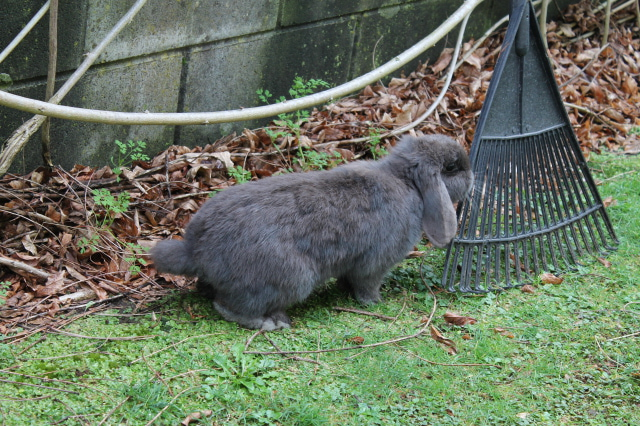 Is my rabbit pregnant?
Question
Allie
Is my rabbit Allie pregnant? She
Is my rabbit pregnant?
Question
Allie
Is my rabbit Allie pregnant? She
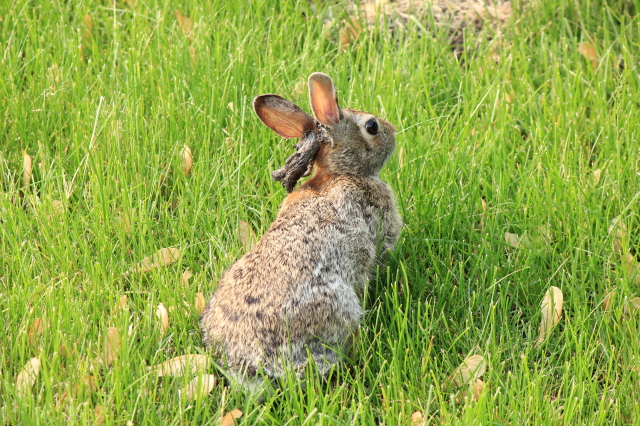 rabbit deformity question w/picture
Question
odd growth
We have a couple of rabbits making
rabbit deformity question w/picture
Question
odd growth
We have a couple of rabbits making
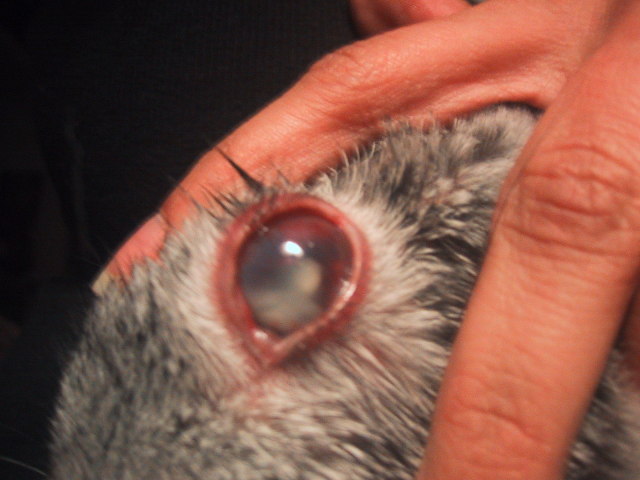 EXTREMELY concerning eye problem
QuestionTinkerbells Cloudy Ey
QUESTION: Dana,
M
EXTREMELY concerning eye problem
QuestionTinkerbells Cloudy Ey
QUESTION: Dana,
M
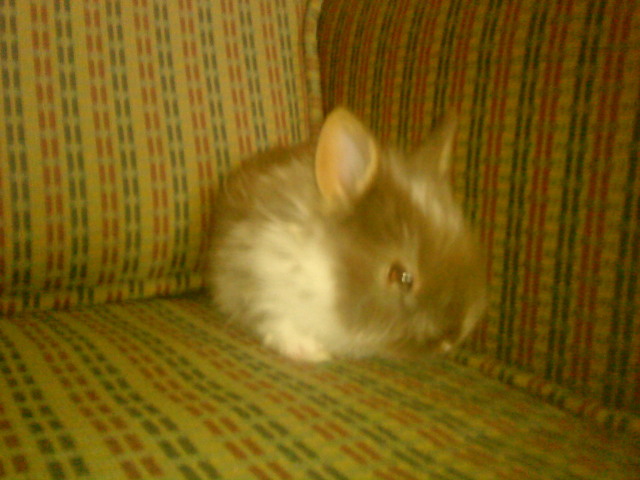 breed and age of my bunny
Question
thumper
Hi how are you sorry for the bother bu
breed and age of my bunny
Question
thumper
Hi how are you sorry for the bother bu
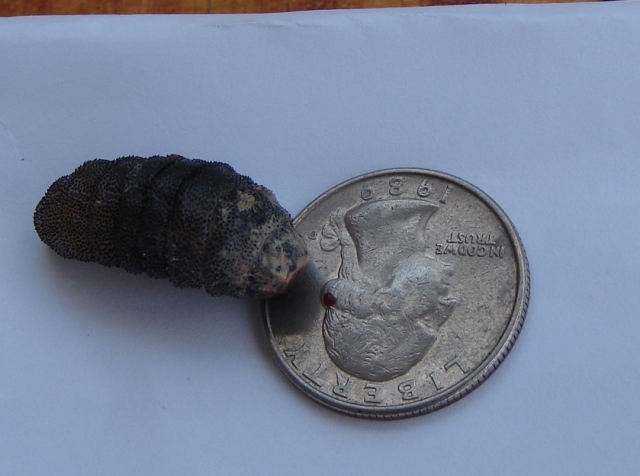 sick wild bunny
Question
warble
2 nights ago the motion sensor light ca
sick wild bunny
Question
warble
2 nights ago the motion sensor light ca